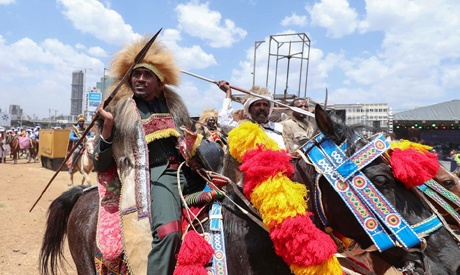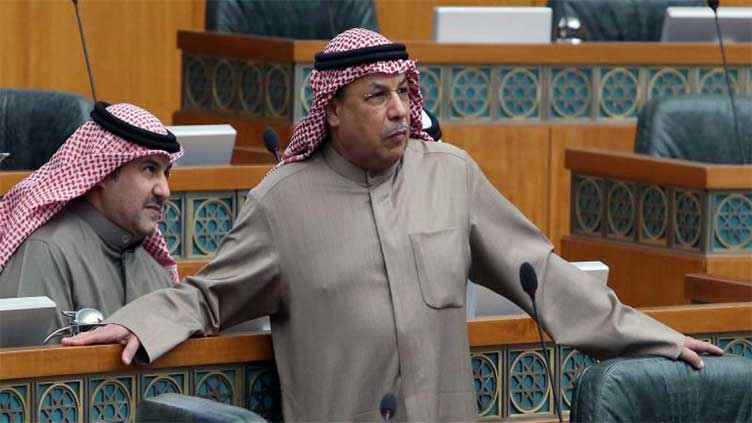Factbox: Why singer’s killing ignited deadly clashes among Ethiopia’s Oromo people
Nairobi (Reuters) – The Oromo, Ethiopia’s largest ethnic group, have long complained of their exclusion from political power. Many welcomed the 2018 appointment of Prime Minister Abiy Ahmed but now some say he has not done enough for his community and question his credentials as an Oromo leader.
Why are some Oromo angry?
For decades, one party drawn from the northern Tigray region dominated Ethiopia’s ruling coalition, fuelling Oromo resentment further south. A government plan to expand the capital using Oromo farmland in 2015 triggered three years of protests and bloody repression that eventually forced the prime minister’s resignation and Abiy’s appointment. Although Abiy has rolled out greater freedoms nationwide, parts of western and southern Oromiya are under federal military control, where Amnesty International has documented killings and abuses by security forces.
How have the Oromo expressed their anger?
Some powerful Oromo activists are publicly criticising Abiy, accusing him of pushing his new pan-Ethiopian Prosperity Party at the expense of Oromo interests. In October, Oromo youth demonstrated against Abiy in support of Oromo media magnate Jawar Mohammed in protests that killed 86 people. The insurgent Oromo Liberation Army has attacked government forces; the government also accuses them of targeting civilians.
How does that affect the prime minister?
Abiy’s new Prosperity Party will compete in national elections that should be held within 12 months after officials say COVID-19 is under control. They were pushed back from August due to the pandemic. Abiy has promised the polls will be free and fair, unlike previous elections. But divisions in his heartland of Oromiya damage his chances; power in Ethiopia has traditionally come from the ability to command large ethnic voting blocs.
Does he face similar problems elsewhere?
Political leaders across the nation are courting voters and challenging the ruling party by demanding more land and resources for their own ethnic groups and redress for decades of government repression. In a nation of 109 million people with more than 80 ethnic groups, Abiy must treat challengers carefully: a forceful reaction could trigger a revolt, but permitting violence risks losing control.



